Solo camping is more than self-exploration, which brings about adventure, open wilderness, and freedom.
But that freedom comes with key responsibilities of staying safe, prepared, and making the most of your experience.
So, whether you’re beginner or seasoned explorer, here are essential solo camping tips for safe and successful trip.
1. Plan Your Trip Thoroughly
When going to camp alone, you need a safe blueprint for your trip.
So, research your camping destination and be informed about weather conditions and terrain. You should not hype your trip as a jaw-dropping and super adventurous experience.
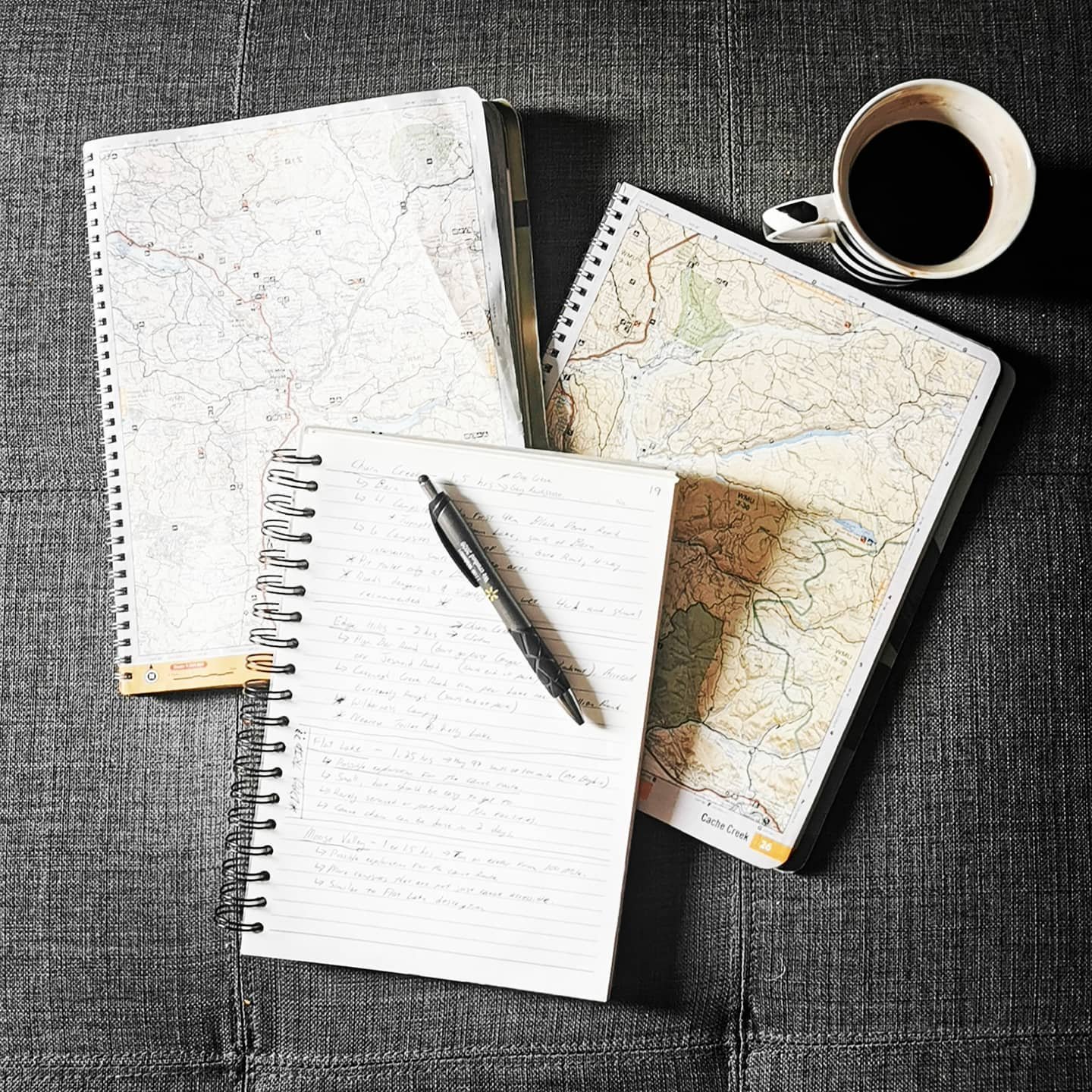
You must understand your ability and how long you can sustain your camping journey based on your health and experience.
Also, inform someone or your friends about your itinerary and expected return.
You can also update them about your recent activities in the middle of the trip. This helps them to rescue you if any unfortunate happens during the camping.
2. Choose a Safe and Suitable Campsite
The more experienced you are, the more adventurous you become.
I fancied a site with a heavenly atmosphere in my early days of camping and ended up booking a campsite in the countryside near my hometown.
As a beginner, you need to opt for well-established camping areas where you don’t have to struggle the very first time.
I suggest that first-time campers avoid camping too close to water sources or wildlife trails.
Once you become experienced or an expert, you can take on challenging spots.
3. Pack Light but Smart
You cannot bring the whole apartment with you. Neither RV nor backpacking can contain all your requirements.
So, you need to bring only essential gear to reduce weight.
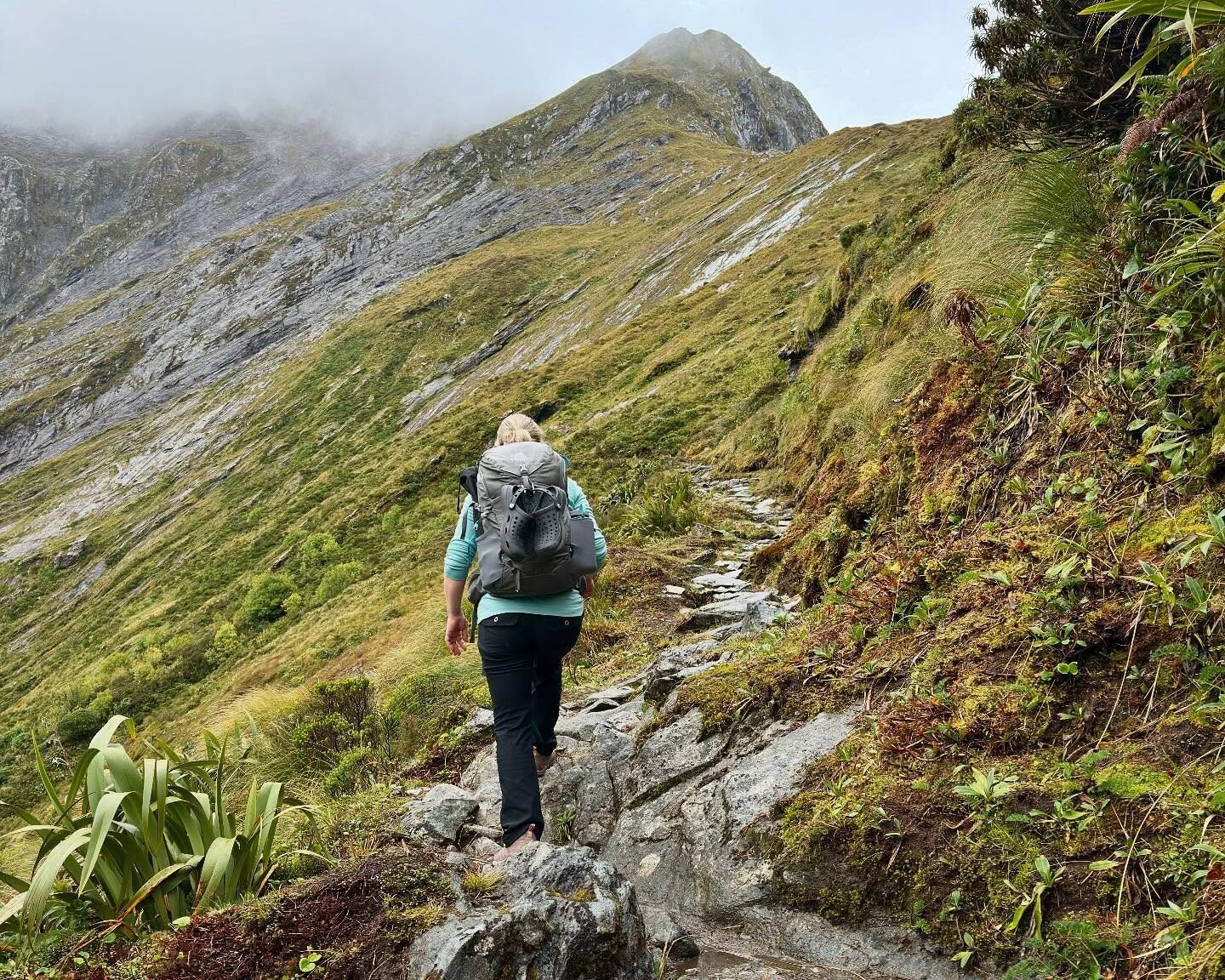
Take multi-purpose tools and lightweight equipment. There are many device set that feathers multiple pieces of equipements including knife, bottle opener, plyers.
I have always had a compact stove and gas cylinder, which is easy to use and carry in a backpack.
4. Test Your Gear Before You Go
Cliche but true: Precautions can be lifesaving.
How often do you test camping essentials before heading to a campsite?
It’s my routine to check batteries, lighters, and navigation tools. Because of my carelessness, I have already suffered from malfunctioning equipment many times while camping.
Now, I don’t miss my gears to double-check.
Before you pull your hair out in the middle of your trip, you must also set up your tent once and test your stove at home.
5. Learn Basic Survival Skills
There won’t be anybody to guide and help you on the solo camping trip. So, you need to prepare yourself to be skilled enough to deal with discomfort and scarcity.
Some basic survival skills, such as fire-making, first aid, and navigation, can save your life.
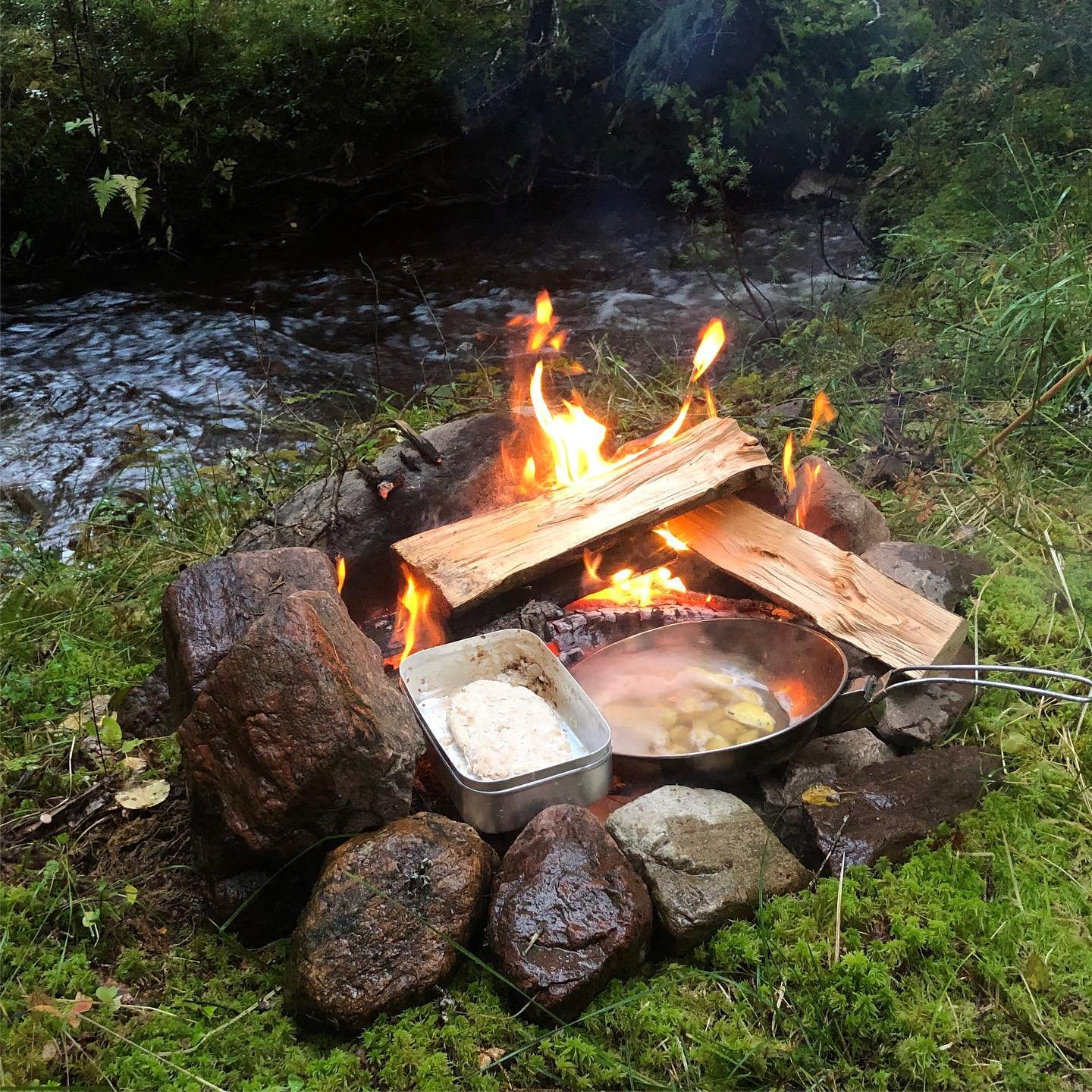
Don’t fool yourself into thinking that you know about it and that you can perform it whenever needed.
I have tried several things for the first time, which I observed many times, but they didn’t work.
It needs practice and skills. You have to put yourself into the act, even to purify water and signal for help.
6. Master Fire Safety
Inexperienced campers often start wildfires and burn out their own tent in the forest. And if the fire travels some distance, it’s not possible to extinguish it for a single person.
So, everyone needs to follow campfire regulations and use fire rings if available.
They need to be careful in autumn, when trees are dry and leaves fall. Keep the campfire area away from flammable materials.
Also, always fully extinguish fires before sleeping or leaving the campsite.
It’s unpredictable that the weather will become extreme and blow the fire to destruction.
7. Pack Enough Food and Water
Backpack food whatever you like and it should be plenty of as you won’t find your personal kitchen there.
But carry only non-perishable and high-energy foods.
There won’t be a facilitated kitchen, so edibles should be quick and easy to cook with few resources.
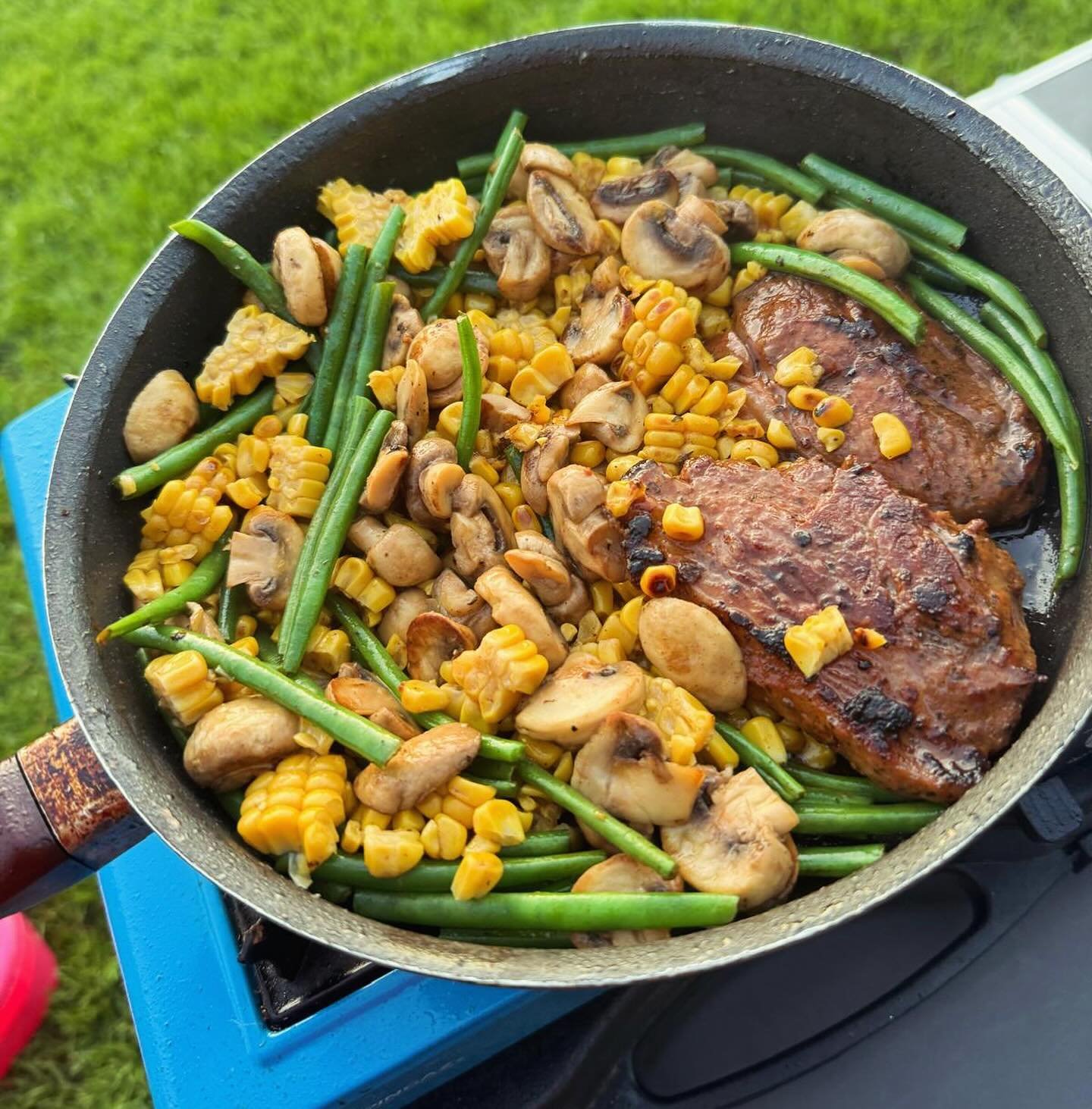
What about water?
You cannot carry large water bottles all the time if you’re on a foot travelling. So, it’s better to bring multiple water purification options like filters or tablets along with you.
You can make the water drinkable after finding out the water source.
8. Carry a First Aid Kit and Know How to Use It
Health and safety is a must!
It’s no news that everyone knows to use first aid from their school days. The campsite in the rural area lack medical facilties so you need to be self suffient.
Common camping injuries include burns, cuts, and insect bites.
So, collect essential items like bandages, antiseptics, and painkillers and bring them along with you.
You can top up other medicines if you’re prone to diarrhea, headache, or other general issues. You know it better for yourself.
9. Be Weather-Prepared
You can’t trust and wait for the weather to fall upon you and then arrange essentials.
This isn’t wise!
Always listen to the weather forecast and be prepared for sudden weather changes.
I often pack extra gear for possible weather conditions. For example, if it’s likely to rain on the camping day, I take a small umbrella and extra layers for cold nights.
You can arrange other requirements depending on the weather prediction.
11. Use a Reliable Navigation System
Don’t try to get lost in the woods or barren places only to test your adventurous instinct. It backfires most of the time.
Always follow a safe route to your destination.
For this, you need reliable a map, compass, and GPS device. If you visit a place or hill with a strong magnetic force, your compass behaves unnaturally and doesn’t show the real data.
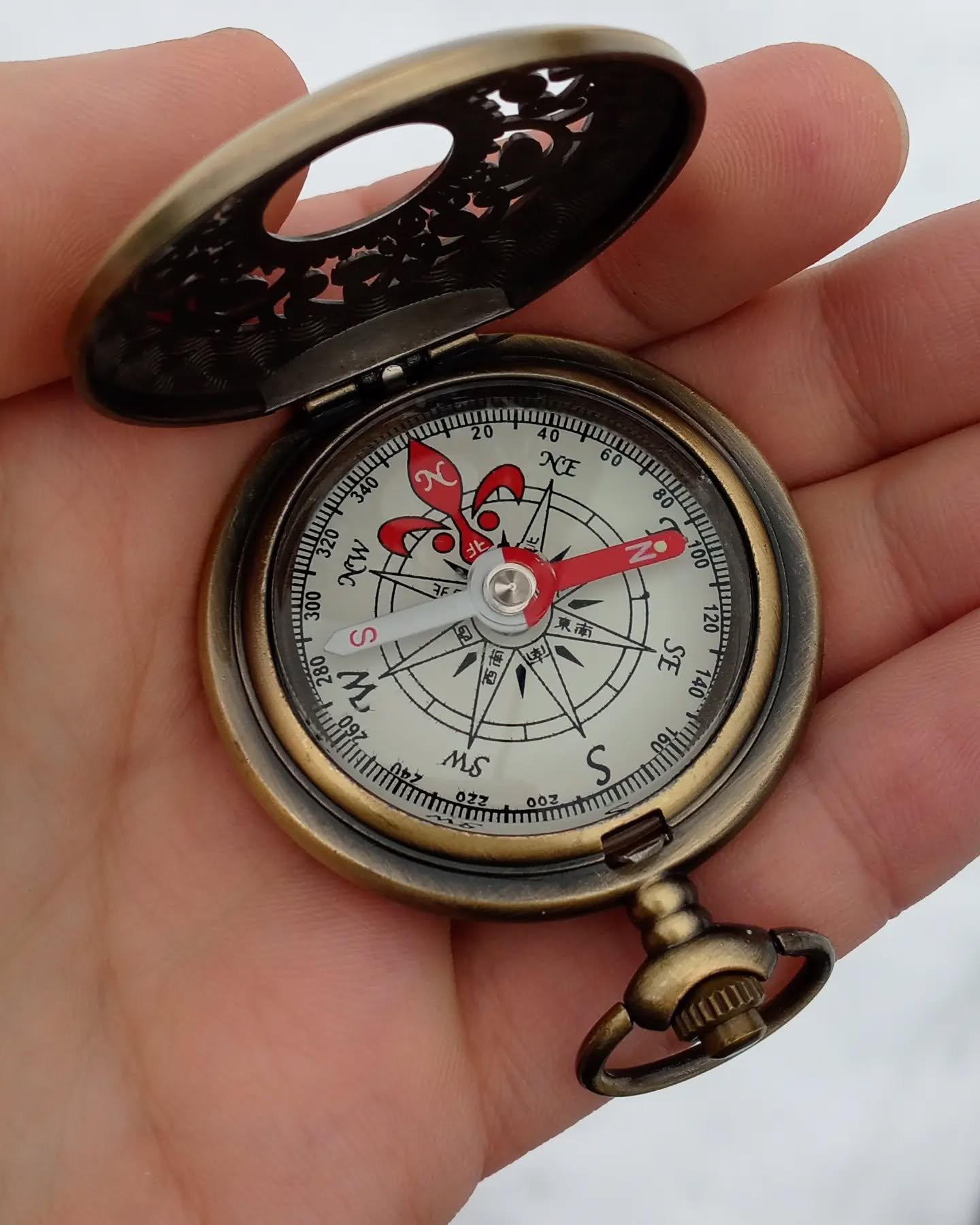
Also, don’t rely solely on your phone, as battery life can be unpredictable.
11. Set Up Before Dark
Camping alone has lots of things to do during the day and set up camp as early as possible before nightfall.
You will notice the sun sets faster after the evening in the remote areas, especially in the forest.
So, you need to finish setting up a tent before dusk and light a campfire in the daylight.
This helps you familiarize yourself with the surrounding and fish cooking and making drink. After a comfortable dinner, you can engaged with other camping activities at night.
If not, you can get secured under the tent and prepare for sleep.
12. Protect Yourself from Wildlife
First, it’s not safe for campers to set up your tent in a place where wild animals visit and passby through.
To avoid encounters, you can consult the local conservation office. Or learn about the local wildlife.
Wild animals always hunt for food.
You need to store food properly in the box or container. Animals can reach the campsite with the smell of food.
So, I often store food in bear-proof containers if necessary.
13. Have a Backup Power Source
This is advice for remote campers.
The longer camping, the more resources are needed. Electricity is one of the major essentials, weather be it RV camping or tent camping.
So, I have a pair of extra power banks to charge my smartphones, camera battery and lighting system.
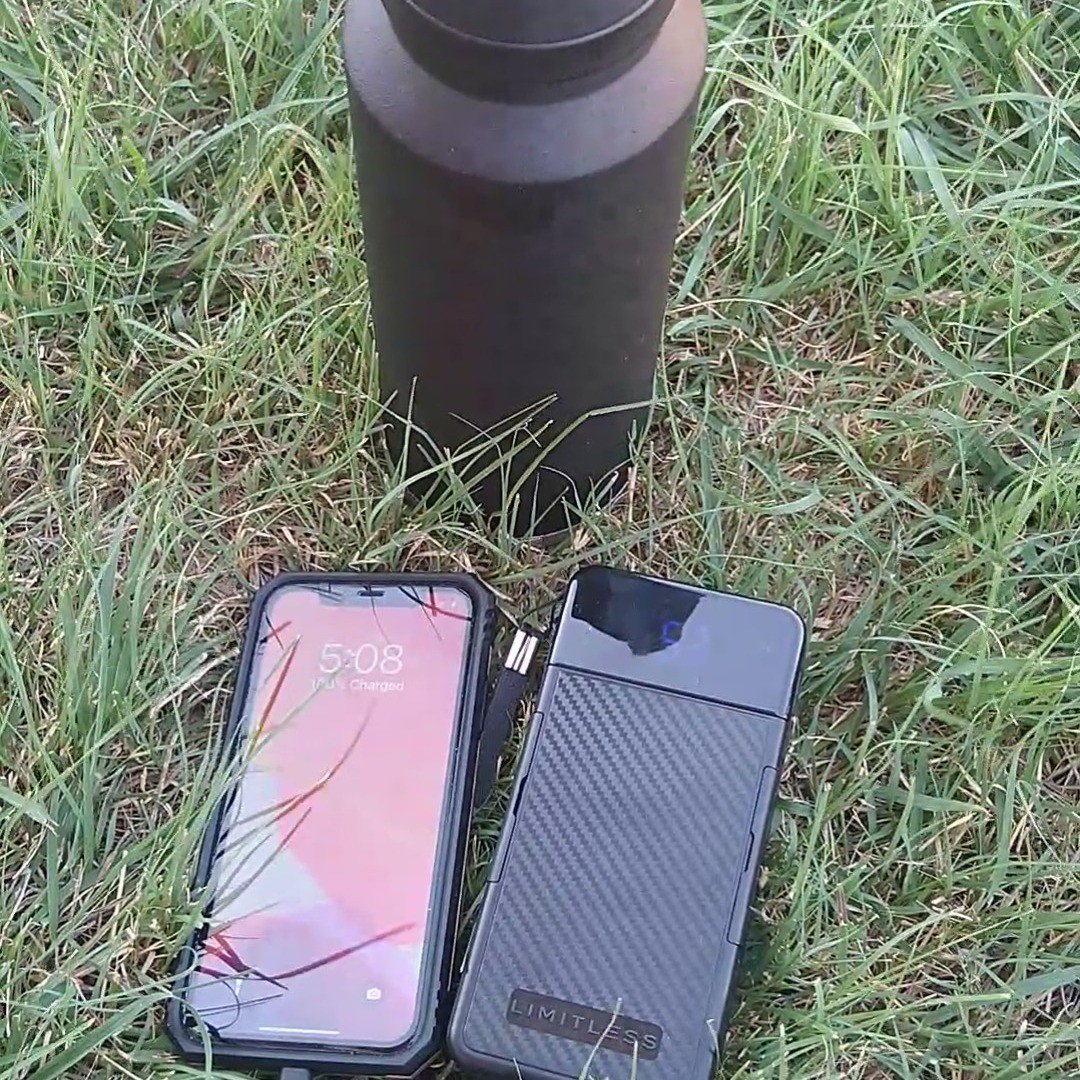
You can also carry a small solar charger.
Use devices at a minimum and turn off unnecessary ones to save battery life.
14. Enjoy Fun Activities
There are several things to do even in the solo camping. You can enjoy the solitude and reconnect with nature.
My favorite pastime is to meditate, sitting on the rock, along with the gentle, cool breeze.
If you know surrounding well and confidant about water activities, you can swim in the lake or river and fish as well there.
The book lovers often take some pieces with them. They read, journal their experience under the tree or meadow.
15. Dress Appropriately for Comfort and Safety
It depends on whether you’re camping in the summer or winter.
In the hot days, you may need to take light wearables that are moisture-wicking and breathable. Thick clothes and layered apparels are good in the winter.
Also, a scarf, a full-sleeved dress, and pants are necessary in the desert.
Don’t miss sturdy, comfortable footwear suited for the terrain. I prefer a good pair of boots for camping and hiking.
16. Be Prepared for Emergencies
Camping is itself an adventurous experience, which sometimes brings several unexpected events.
Don’t worry, it does not often comes with the established campgrounds or until you break the rules or camp in isolated areas.
Anyway, you need to know the nearest emergency contact points.
Then, you have to navigate the camping territory and design a plan to reach the help checkpoint.
Besides, whistle and signal mirror can lifesaver for distress situations. You need to learn signaling the rescue chopper through big craft letters or smoke blow.
Final Thoughts
I believe half of the camping worries are gone if you follow campground regulations and avoid disturbing wildlife and fellow campers.
Solo camping is all about embracing the adventure, even if unexpected challenges arise.
So, take time to reflect, relax, and appreciate the beauty of nature on your trip.

Leave a Reply